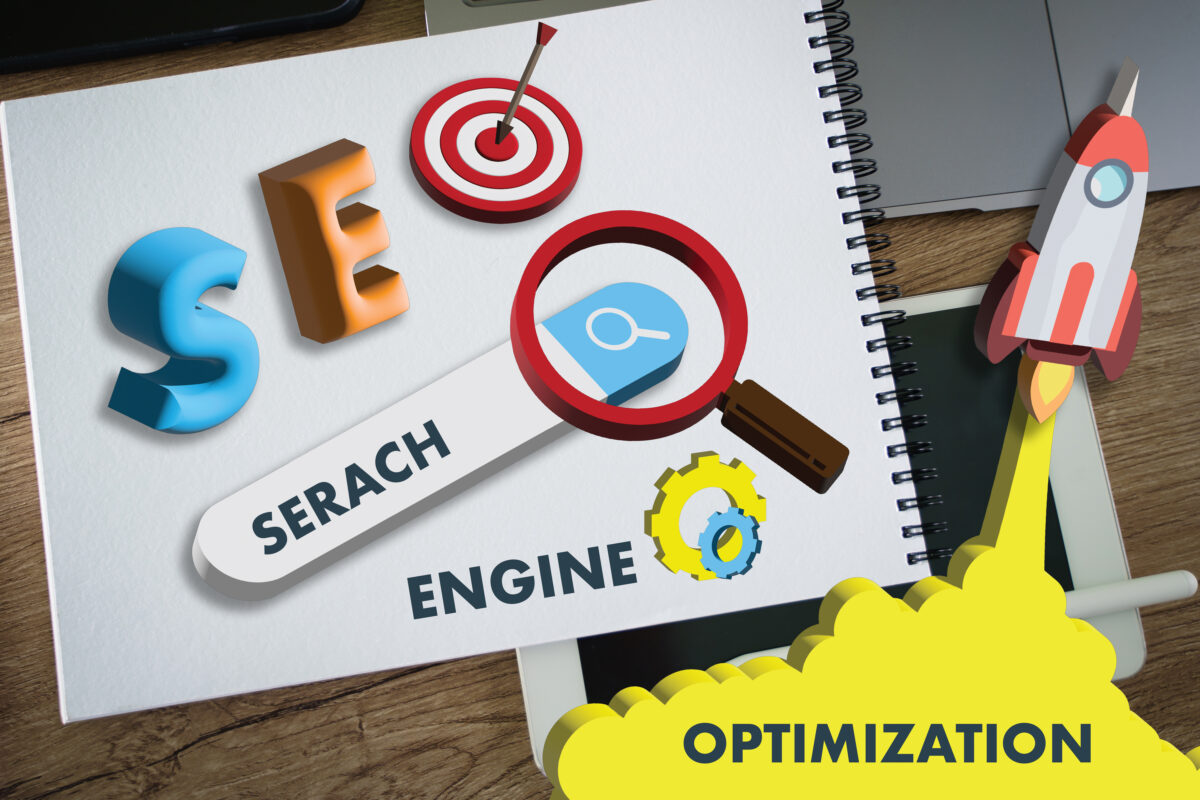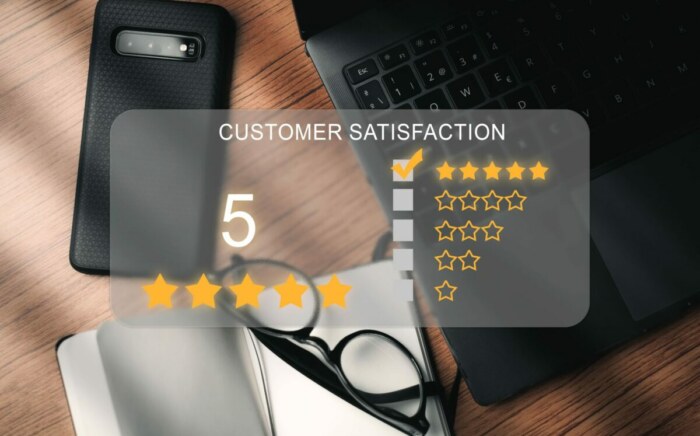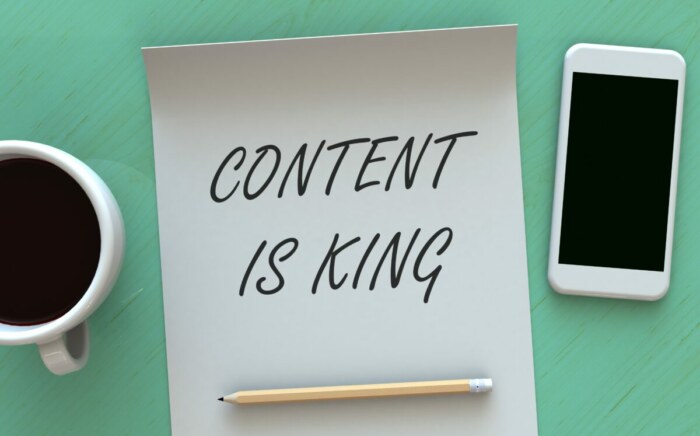A Beginner’s Guide to On-Page SEO Optimization
SEO, or Search Engine Optimization, is an integral part of digital marketing that tries to increase the exposure of a website in search engine results. Among its many facets, “On-Page SEO Optimization” stands out as one of the most important. In this comprehensive tutorial, we will delve into the intricacies of On-Page SEO Optimization, delving into its essential elements and methods to equip you with the knowledge you need to improve your website’s ranks and attract more organic traffic.
Before we go into the world of On-Page SEO Optimization, let us first grasp the essence of this critical topic. By the end of this tutorial, you will have actionable insights and expert expertise to confidently navigate the world of search engine optimization.
Introduction: Unraveling the Basics of On-Page SEO Optimization
In this part of the lesson, we will lay the groundwork for a better grasp of on-page search engine optimization (SEO). In this section, we will discuss what it entails, why it is significant, and how it differs from other SEO strategies.
A Beginner’s Guide to On-Page SEO Optimization
In this part of the article, we will present an introduction to On-Page SEO Optimization that is geared toward beginners. This section will get you started in the correct direction, regardless of whether you are completely new to SEO or just want a refresher.
1. Understanding On-Page SEO: The Core Concepts
In this section, we will discuss the fundamental aspects of on-page search engine optimization, such as keyword research, content optimization, and metadata.
2. Keyword Research: Laying the Groundwork for Success
In order for an SEO plan to be successful, keywords must serve as the cornerstone. In this lesson, we will discuss efficient methods for conducting keyword research in order to determine the terms that are most pertinent to and valuable for your website.
3. Crafting Compelling Content: The King of On-Page SEO
It is true that content is king, and we will demonstrate how to develop material that is interactive, valuable, and search engine optimized so that it is appealing to consumers as well as search engines.
4. The Power of Metadata: Optimizing Titles and Descriptions
The way that search engines interpret and present your material is heavily influenced by the metadata that you provide. Gaining an understanding of how to compose alluring meta titles and descriptions will help you achieve higher click-through rates.
5. The Art of Heading Tags: Structuring Your Content
Not only do heading tags make your material easier to read, but they also have an effect on how well it performs in search engine optimization. In order to achieve higher ranks, we will discuss how to effectively employ the H1, H2, and other heading tags.
6. The Importance of URL Structure: A Pathway to Success
URLs are more than just addresses; they have the potential to substantially impact both the user experience and search engine optimization. Learn the best methods for producing URLs that are friendly to search engine optimization.
7. Optimizing Images for Search: A Picture Is Worth a Thousand Words
Your content will be more appealing to the eye if you use images, but the performance of your website may suffer as a result. Educate yourself on how to optimize photos for higher results in search engines.
8. Harnessing the Power of Internal Linking
Internal linking is a powerful SEO technique that aids in website navigation and distributes link authority. Uncover the secrets to effective internal linking strategies.
9. The Role of External Links: Building Authority and Trust
Your website’s reputation may be improved by the addition of external links, often known as outbound links. Find out how to effectively integrate external links into your strategy.
10. Mobile-Friendly Optimization: Reaching On-the-Go Users
Because mobile devices now dominate internet consumption, mobile optimization is critical to the success of search engine optimization. If you want your website to rank higher, you should educate yourself on how to make it mobile-friendly.
11. Page Loading Speed: The Need for Speed in SEO
The amount of time it takes for a page to load has a direct bearing on both the user experience and where the page ranks in search engines. Learn several strategies and make use of various technologies to speed up the loading time of your website.
12. Embracing Rich Snippets: Standing Out in Search Results
Your material can be made more appealing to users by using rich snippets, which provide more information about the content. Discover how to install rich snippets so that you can improve your presence in search results.
13. Creating Engaging Meta-Descriptions: A CTA for Clicks
Users can be enticed to click on your link in the search results by writing compelling meta-descriptions. Learn how to build compelling meta-descriptions and use them effectively.
14. The Impact of User Experience on SEO
User experience and search engine optimization are intertwined; having a good UX can result in higher ranks. Investigate several approaches to improve both the user experience and the performance of SEO.
15. The Significance of Social Media in On-Page SEO
Platforms for social media play an important part in search engine optimization (SEO). We are going to talk about the ways in which social signals can affect the visibility of your website, as well as the ways in which you can harness social media for the purposes of SEO.
16. Understanding SEO for E-Commerce Websites
E-commerce websites have particular SEO requirements. A better understanding of the best practices for optimizing e-commerce websites can lead to an increase in both visibility and conversions.
17. Leveraging Video Content for SEO
E-commerce websites have particular SEO requirements. A better understanding of the best practices for optimizing e-commerce websites can lead to an increase in both visibility and conversions.
18. The Role of Voice Search in On-Page Optimization
Voice search is gaining popularity, and understanding its implications can give you a competitive edge. Learn how to optimize for voice search.
19. Avoiding Common On-Page SEO Mistakes
Even the most seasoned SEO professionals make mistakes. Identify and steer clear of common On-Page SEO pitfalls.
20. The Future of On-Page SEO: Trends to Watch
SEO is an ever-evolving landscape. Stay ahead of the curve by exploring emerging trends in On-Page SEO Optimization.
FAQ’s:
Q: What is On-Page SEO Optimization?
On-Page SEO Optimization refers to the practice of optimizing web pages to improve their search engine rankings and attract organic traffic.
Q: How is On-Page SEO different from Off-Page SEO?
On-Page SEO focuses on optimizing website elements like content and metadata, while Off-Page SEO involves external factors like backlinks.
Q: Why is keyword research crucial for On-Page SEO?
Keyword research helps identify relevant search terms to target and improves the chances of ranking higher in search results.
Q: How do I create mobile-friendly content?
To create mobile-friendly content, use responsive design, optimize images, and ensure fast loading speeds on mobile devices.
Q: What are rich snippets, and how do they benefit SEO?
Rich snippets provide additional information in search results, increasing the chances of attracting clicks and boosting search presence.
Q: Can social media impact my website’s SEO?
A: Yes, social media signals can influence your website’s visibility in search results and contribute to overall SEO performance.
Conclusion: Mastering On-Page SEO Optimization
Congratulations! You’ve completed this comprehensive beginner’s guide to On-Page SEO Optimization. Armed with newfound knowledge, you’re ready to optimize your website, boost search rankings, and attract more visitors. Remember to stay up-to-date with the latest SEO trends and continuously refine your strategies to achieve long-term success.



